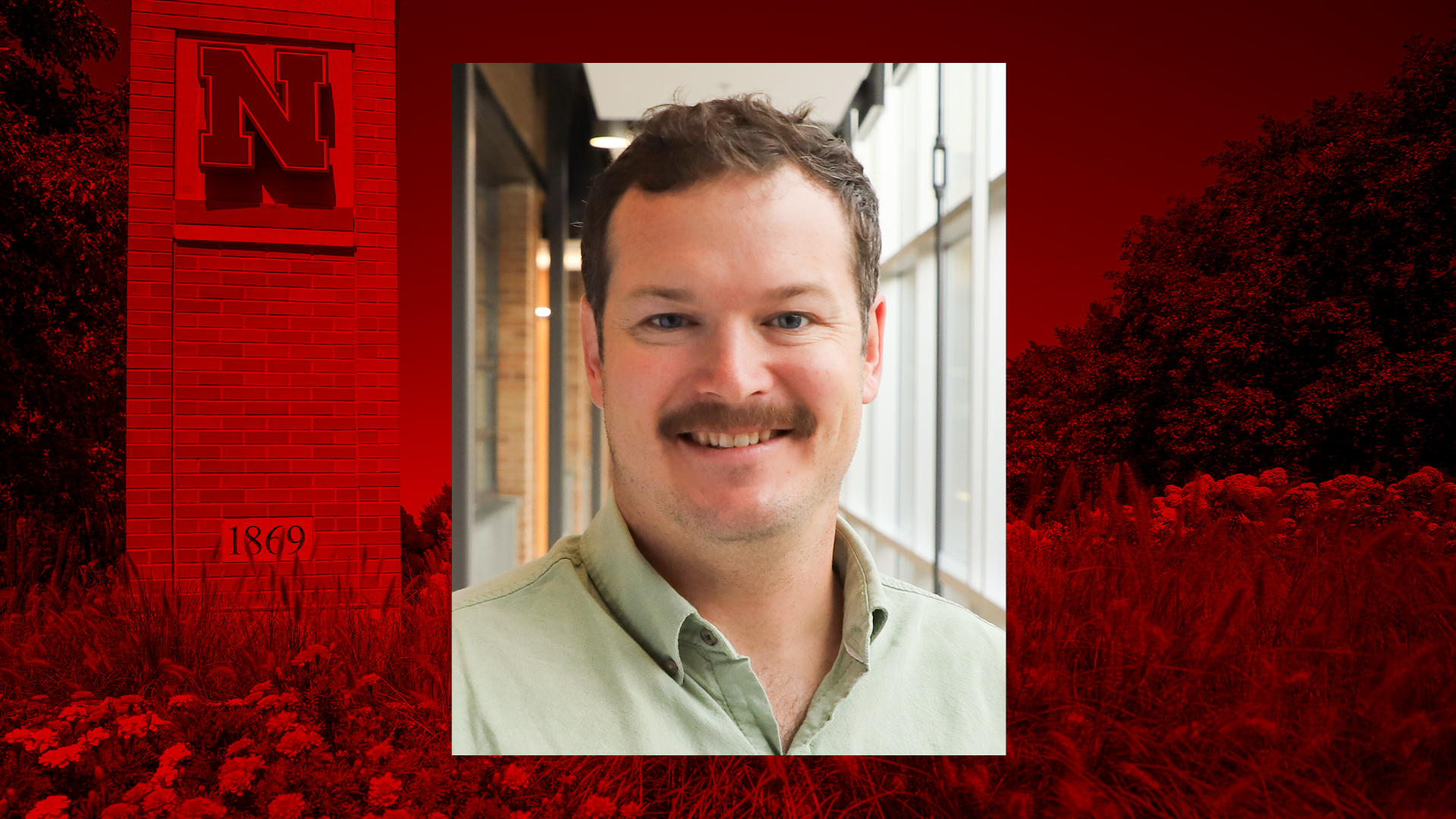
Dillon Fogarty began June 1 as a woody invasion ecologist and research assistant professor in the Department of Agronomy and Horticulture. He has an 80% research and a 20% extension appointment.
Fogarty is working as part of a team of rangeland ecologists and managers across the Great Plains to scale up new management strategies for tackling woody plant encroachment. He conducts research to better inform about grassland conservation strategies, and his extension work focuses on delivering this information to stakeholders through various avenues.
Growing up in Belle Plaine, Minnesota, Fogarty became interested in ecology and conservation at a young age. He knew early on that he wanted a career in conservation.
“As a kid, I spent a lot of time wandering around the woods and prairies in the Minnesota River valley where I grew up,” Fogarty said. “I deeply appreciated these ‘wild’ lands and their essential role in the Midwest.”
Fogarty earned a Bachelor of Science in biology from Bemidji State University and a Master of Science in natural resource ecology and management from Oklahoma State University. He received a doctorate in agronomy and horticulture from the University of Nebraska–Lincoln, specializing in applied ecology.
“In college, it became increasingly clear to me that we needed more approaches to conservation that worked for both people and wildlife,” he said. “Ultimately, this led me to my current job.”
Fogarty initially came to Nebraska to pursue a doctorate. During this time, the university’s Dirac Twidwell, a rangeland ecologist and professor of agronomy and horticulture, and Craig Allen, a professor of natural resources, were starting a project on eastern redcedar invasion in grasslands and had several openings for doctoral students.
“The project had a broad focus on working-lands conservation that intrigued me,” Fogarty said.
Before moving to Lincoln, Fogarty studied the ecology of grassland birds in eastern Oklahoma. Before that, he worked as a technician for several natural resource agencies, including South Dakota Game, Fish, and Parks, where he worked on an elk study in the Black Hills. He also worked on a statewide waterfowl project for the Minnesota Department of Natural Resources.
Fogarty and his wife have lived in Nebraska since 2017 and have enjoyed Lincoln and the state. “It’s a great place to raise a family; we especially enjoy our trips to the Lincoln Zoo with our daughter,” he said.
In his free time, Fogarty enjoys spending time outside with his family. An avid outdoorsman, he likes to go to the lake, camp, hang out in the backyard, work in the garden, and run around to sporting activities. This fall, he completed his goal of running Lincoln’s Good Life Halfsy half-marathon, the largest road race in Nebraska, and plans to train again next year.
More details at: https://go.unl.edu/g9eo